For a whole year, The Memorial Museum of Totalitarian Regimes «Territory of Terror» has been working on recording the testimonies of people who at a young age became victims of repressions, deportations, witnessed mass murder and genocides in the XX century in Central-Eastern Europe. The stories were documented in cooperation with the Czech NGO Post Bellum (Paměť národa) under the international project «Lost Childhood», which is supported by the European Union according to the «House of Europe» program. On October 29, 2021, they were published in the street exhibition format «Lost Childhood: Heard and “Unseen”» in the museum square in Chornovola, 45g Street. Because of the quarantine restrictions, the opening was broadcasted on-line.
“Our project was written when it was already obvious that 2021 would be the year of a quarantine, so we were obliged to think about new formats. Thus, it`s a street exhibition format, so, even if everything closes tomorrow, everyone will be able to see the exhibition in our museum square in both Ukrainian and English”, – says Olha Honchar, a director of the «Territory of Terror» Museum.
The heroes of the exhibition are residents of Western Ukraine, a Crimean Tatar woman and a woman from the Czech Republic. All of them had experienced growing up in camps, forced settlements, were born in the Gulag, or their childhood coincided in time with the human catastrophes, like the Holocaust, the Holodomor or World War II.
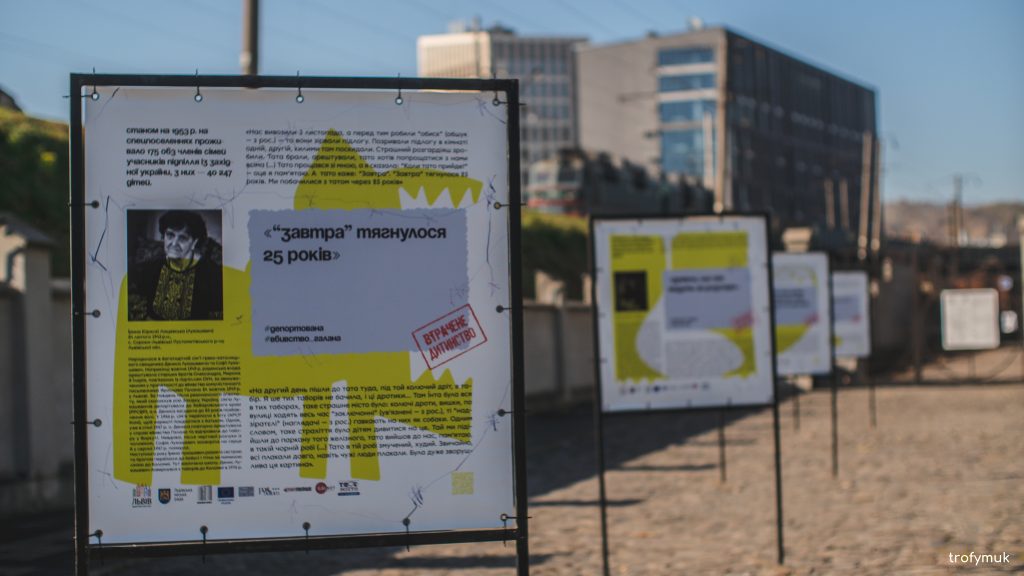
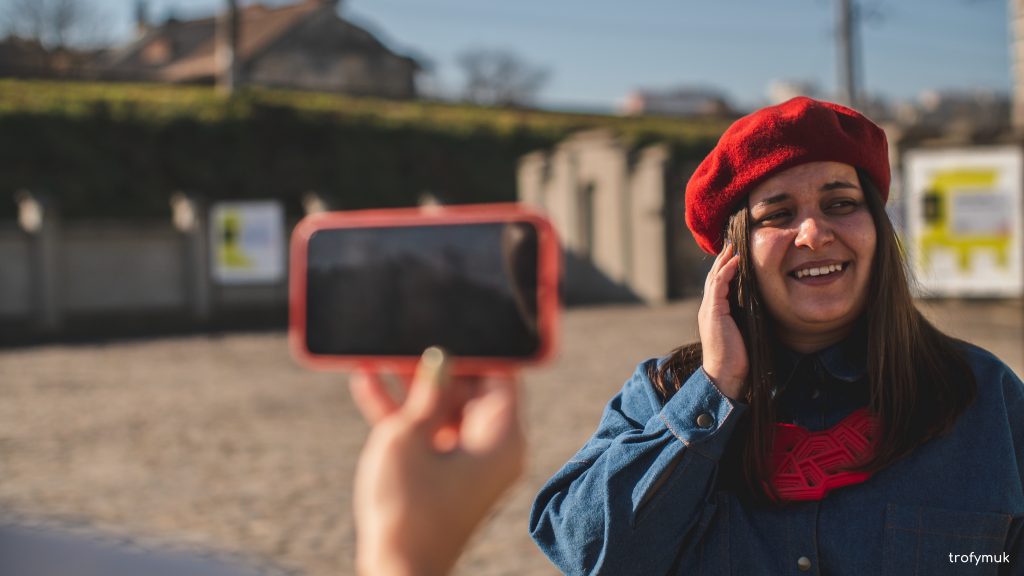
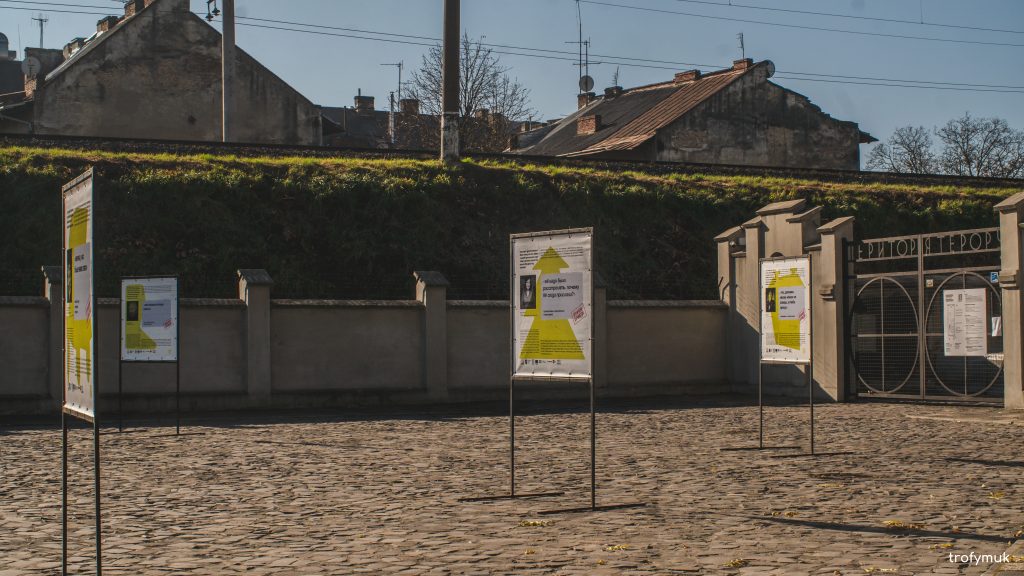
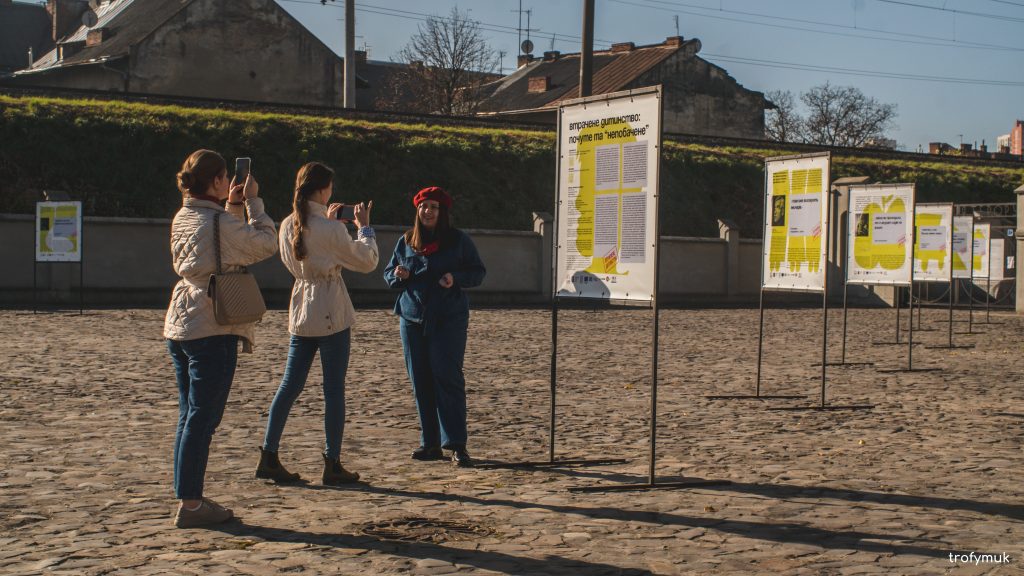
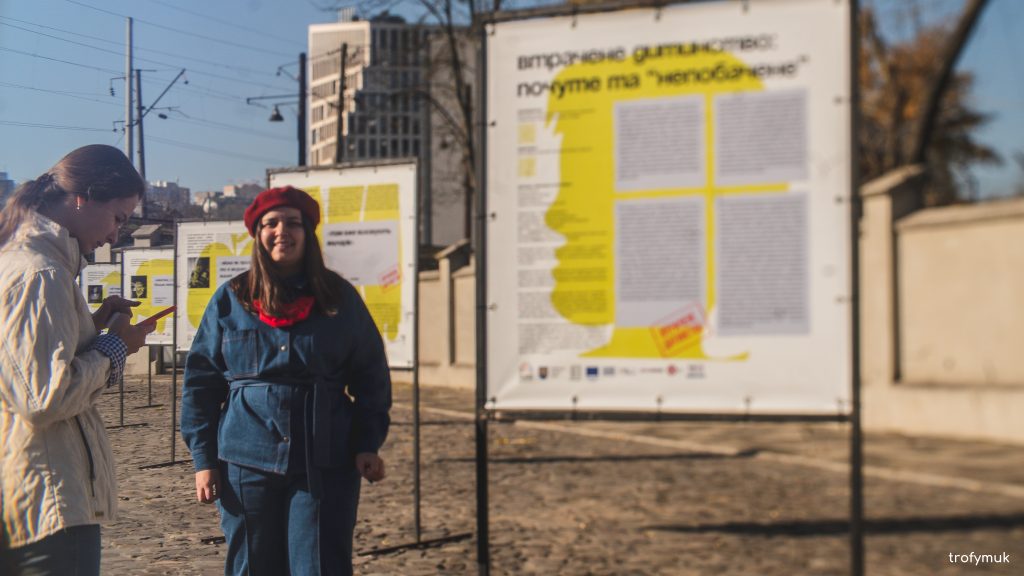
For example, there is a story of Helena Esterkesova. She witnessed the Holocaust in Europe. Kalaidgy Gulnar was deported along with the Crimean Tatars. There are stories of people who suffered because their parents were members of the insurgent movement or supported it.
«There are stories of two daughters of priests, thus we also elucidate the experience of repressions against Greek-Catholic priests here. There is a story of Yurii Zirchenko. He and his parents witnessed several events at once. Nikolyn Yulia was already born in a family of repressed parents in a forced settlement, and there is a story of a man who was born in the Gulag camp», – adds Yurii Kodenko, a researcher of the museum.


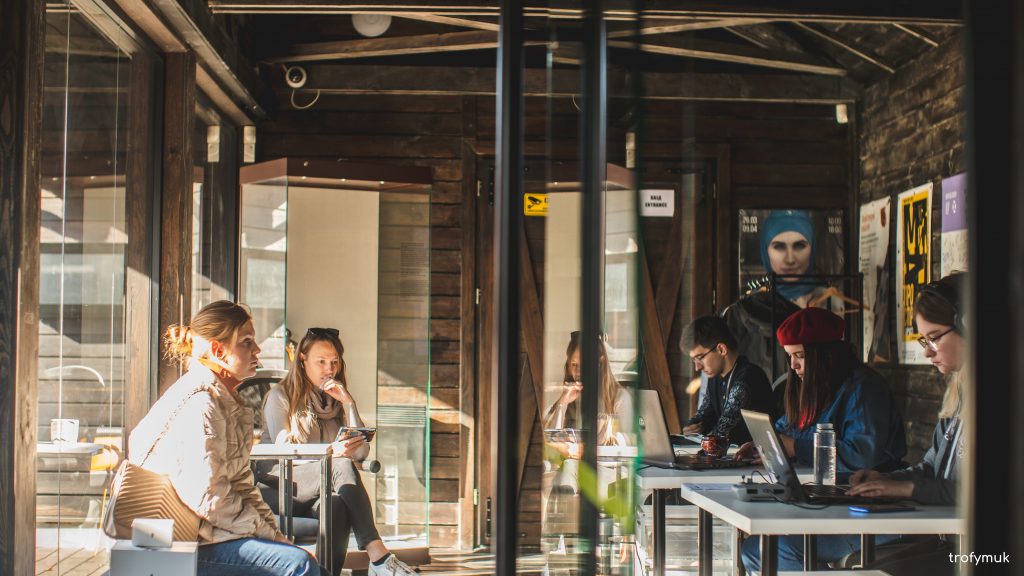
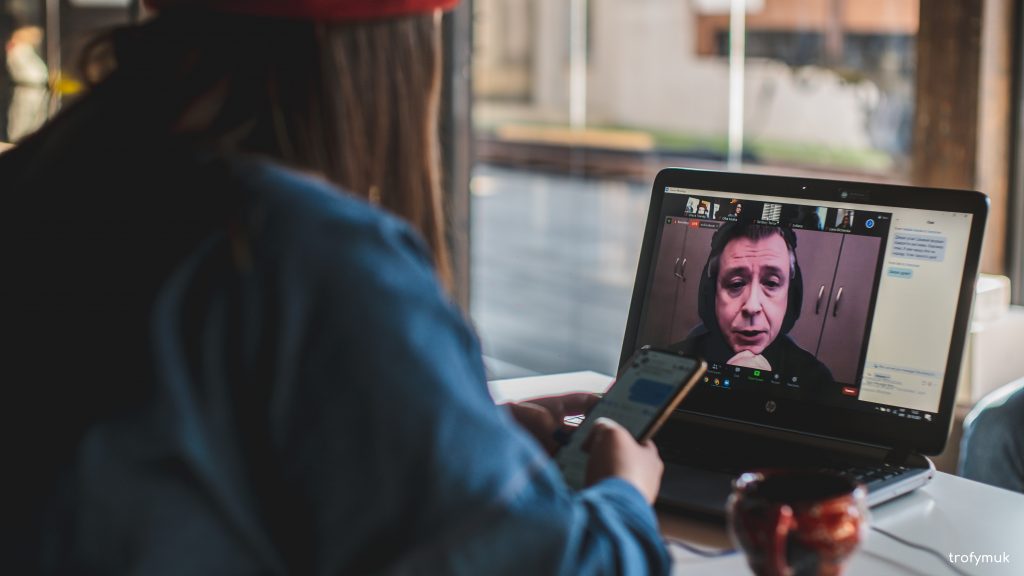
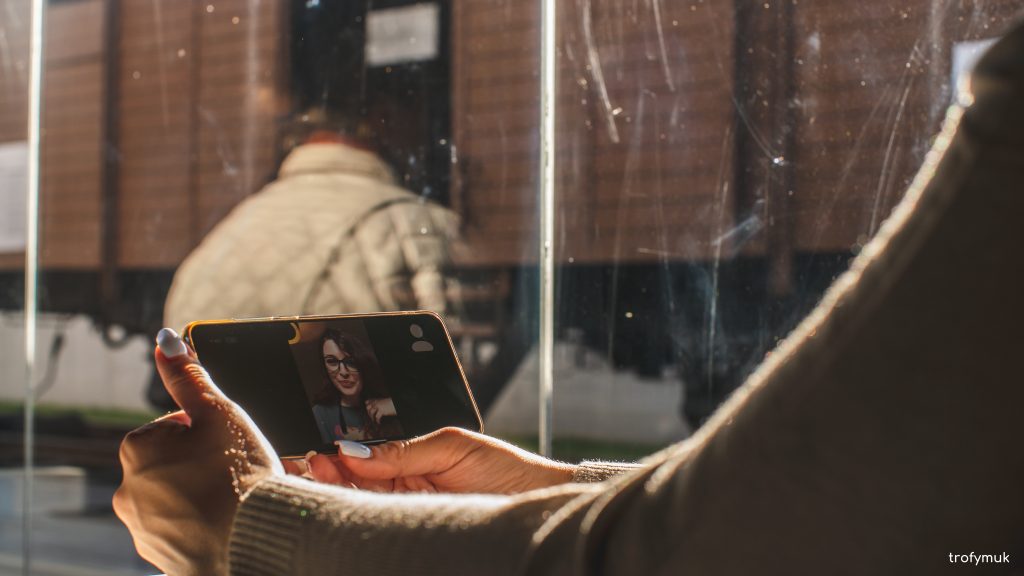
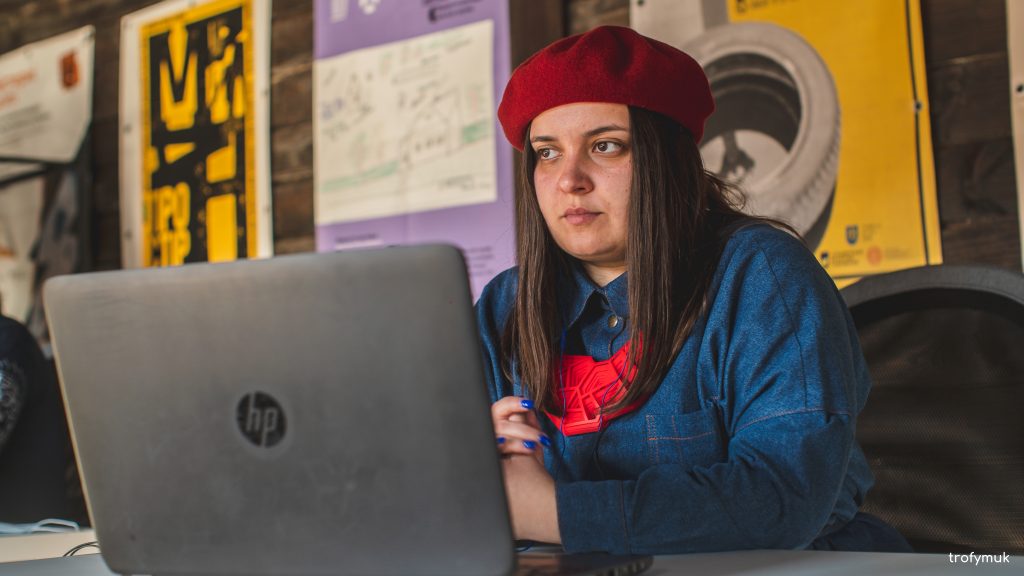

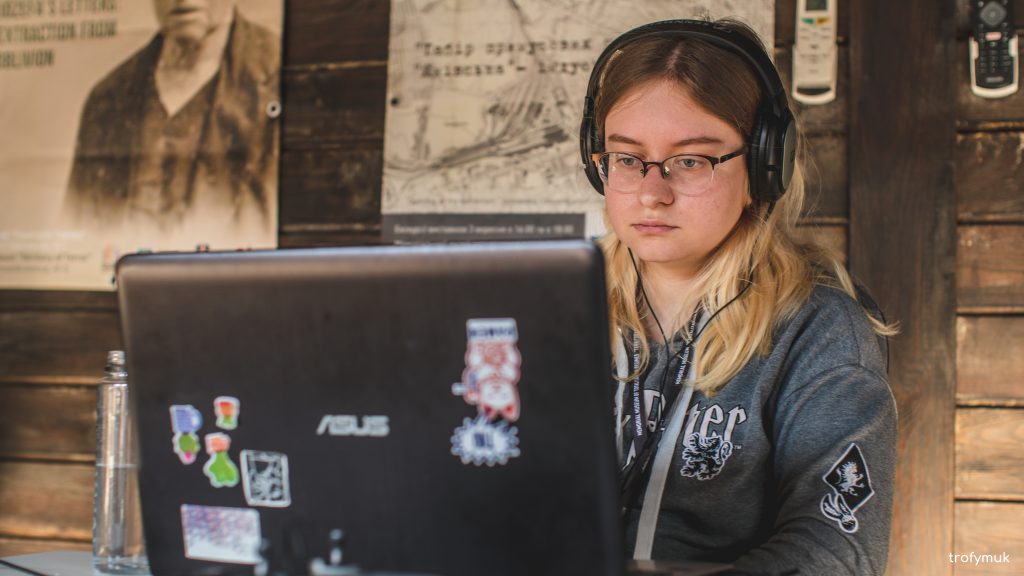
One can see the photos of the narrators on the stands, their biographies and quotes, which often reflect not only the experience of one person, but can be common for many of those who experienced the terrible events of the XX century. There are also QR-codes, scanning them one can read the detailed story of each hero in the Memory of Nations international archive. Historian and interviewer of the project Liana Bliharska says that one of the challenges of oral history is that there isn’t enough time to record the stories of everyone, because, unfortunately, the witnesses pass away very quickly.
«It is very important for us to know about those people and listen to them, because the memory has a quality to be erased. Our generation no longer understands why Ukrainians were born in Omsk, Kazakhstan, Komsomolsk-on-Amur, for us Siberia is becoming a geographical landmark, not a historical one».
